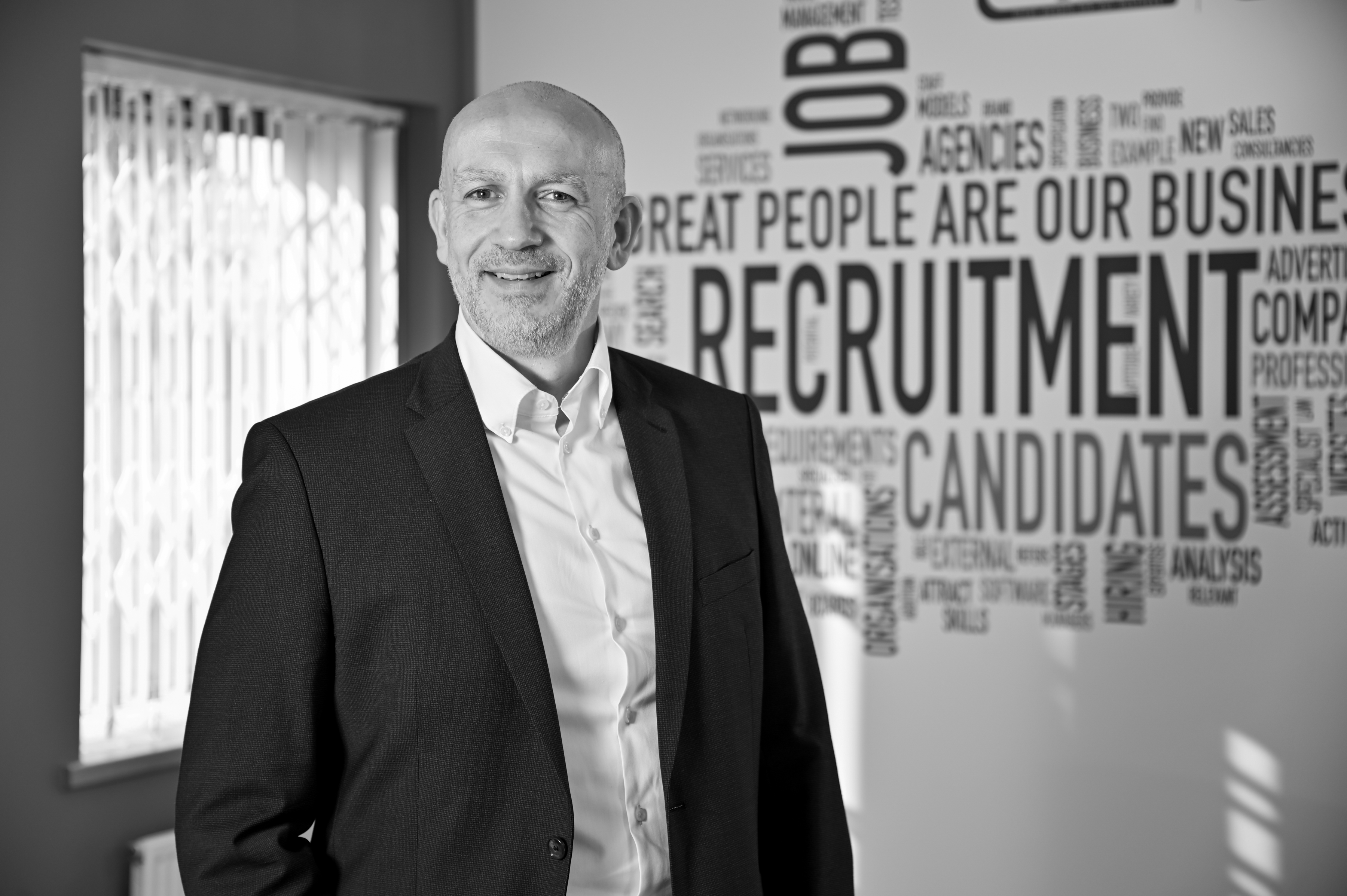…I joined Sharp Consultancy. That’s 25 years!
I’m not quite sure how it happened, one minute I’m a fresh faced 25 year old embarking on a change of career (several years in banking prior) and the next….well, I’m not so fresh faced!
Recruitment is a notoriously high attrition industry and additionally, many in recruitment don’t practice what they preach when it comes to career management (i.e. don’t job hop). I therefore thought I’d take a moment to reflect on what has kept me in the industry for so long, with the same business for so long and just as passionate and enthusiastic about this industry as I have ever been.
First though, a few thoughts on that career management point. If you are going to have a long and fruitful career at anything, there are going to be storms you have to weather. There are going to be lots and lots of opportunity to give up. Many of us like reading about or listening to sporting superstars or tremendously successful businesspeople, the ‘How to’ books sell in their millions. We quote them, talk about their dedication and commitment, their sacrifice and pain, the dark days and the could easily give up days – we get it, we understand why they made it against the odds – and then we do exactly the opposite.
The last 25 years has had many storms – there was the dot com bubble bursting, the worst recession for a generation after the banking led crisis in 2008, the worst recession for 300 years with the pandemic (not to mention the pandemic itself) and of course there’s one’s own demons and challenges that have to be faced. Business and life ebbs and flows (Eckhart Tolle’s book The Power of Now covers this really well – great book by the way) and is not constant. It all must be weathered. Manage the difficult times – excel in the better times….ebb and flow.
Back to my main point – why this industry and this business for so long? Sharp Consultancy’s strap line is ‘Great people are our business’. I like it – it works on different levels and its great people that make this job what it is. In what other industry do you have so many peoples hopes and dreams in your hands? In what other industry can you make such a major impact on someone’s career and future? – after all, one’s job affects every aspect of one’s life. For some this role is just transactional – get someone a job. Get a client a new employee. Just a transaction. But for me that’s just the veneer, what we do matters, and I absolutely love it – we aren’t supplying office stationery we’re supplying human beings with all the emotions and complications and possibilities that brings.
Then there are the people I have and do work with. There have been many amazing people with shared values and beliefs. We have and continue to share in each other’s aspirations, we’ve shared pain and we’ve shared great success. I have learned so much from them and I hope they have learned things from me. The business has given me every opportunity I have wanted – all I have had to do is reach out and grasp it. How many businesses really offer that?
Technology is having an impact on recruitment and it isn’t all positive – technology can remove the advisory element, the personal touch and make the process cold and transactional, it can remove the ‘person’ from the hiring process - like marrying someone you’ve never met because you are a ‘match on paper’. Despite this, I believe we have an amazing industry which still has an immense opportunity to make a difference to the success of businesses and even more importantly, to the future careers and lives of individuals; who would ever want to give that up?
With the challenges of the last year beginning to ebb away I look forward to what I believe will be many more wonderful years to come in this fascinating industry (unfortunately probably not another 25 though).



